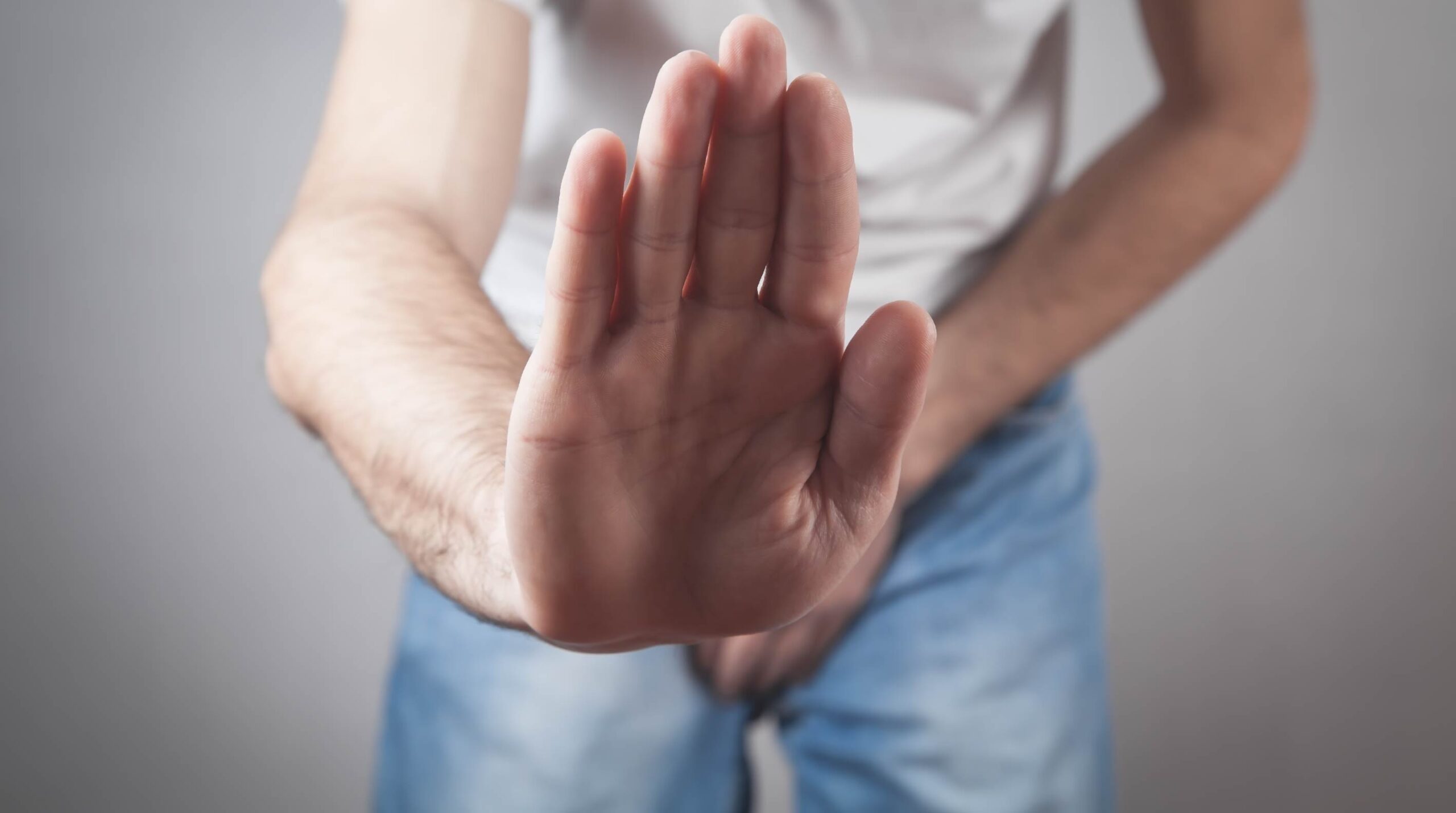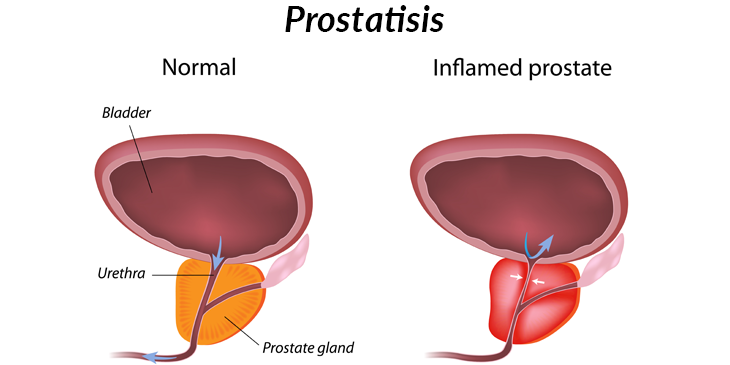
13 Sep Understanding Prostate Changes: Part 1
Growing older raises your risk of prostate problems because as the prostate gland tends to grow larger with age, it may squeeze the urethra and cause problems in passing urine.
You may be having prostate problems and want to learn more about them. Before that, let’s get a quick look on the three most common prostate problems:
- Prostatitis – An inflammation condition usually caused by bacteria, may develop in men of all ages
- Enlarged prostate / Benign Prostatic Hyperplasia (BPH) – A common problem in older men which may cause dribbling after urination or a need to go often, especially at night
- Prostate cancer – A disease that is best to be detected early for receiving treatments
One problem does not lead to another. For example, having prostatitis or an enlarged prostate does not increase your risk of prostate cancer. However, it is also possible for you to have more than one condition at the same time.
Today, let’s understand about prostatitis.
Prostatitis
Prostatitis is the inflammation of prostate gland that is mostly believed to result from a bacterial infection. It affects at least half of all men at some time during their lives.

Symptoms of Prostatitis
- Difficulty in urinating (dribbling or hesitate urinate)
- A burning or stinging feeling or pain when passing urine
- Frequent need to pass urine, even when there is only a small amount of urine
- Pain in abdomen, lower back, groin, or behind the scrotum
- Painful ejaculation resulting in sexual problems (loss of sex drive)
Who is at risk?
- Being a young or middle-aged man
- Having a past history of prostatitis
- Having an infection in the bladder or the urethra
- Having a pelvic trauma, such as injury from bicycling or horseback riding
- Not drinking enough fluids (dehydration)
- Using a urinary catheter, a tube inserted into the urethra to drain the bladder
- Having unprotected sexual intercourse
- Having HIV/AIDS
- Being under stress
- Having certain inherited traits – particular genes may make some men more susceptible to prostatitis
References:
- National Cancer Institute, NIH
https://www.cancer.gov/types/prostate/understanding-prostate-changes - MayoClinic
http://www.mayoclinic.org/diseases-conditions/prostatitis/basics/definition/con-20020916 - WebMD Health Services
http://www.webmd.com/men/guide/prostatitis#1




No Comments